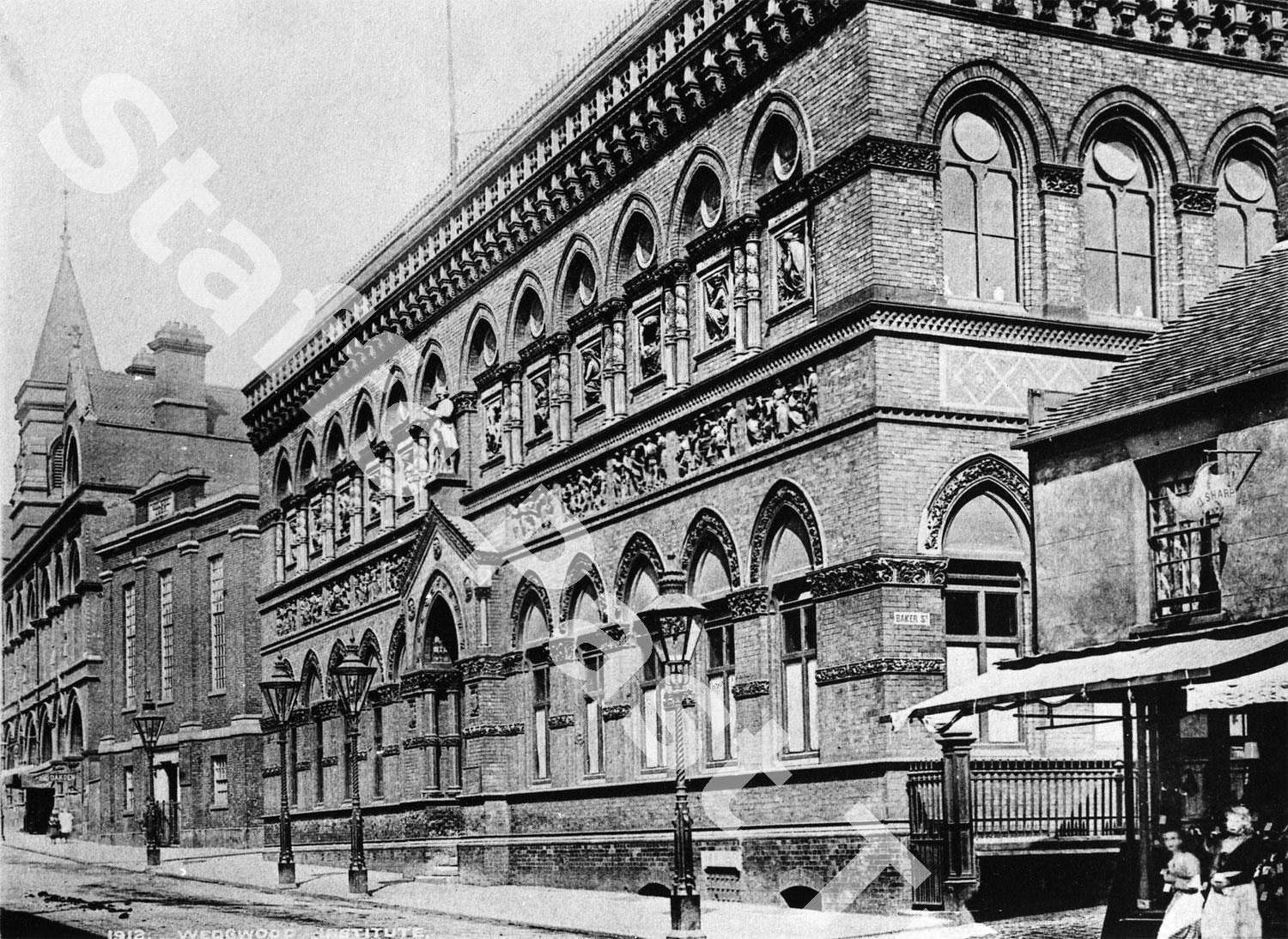A material year. Largely occupied with intestinal failure and worldly success. Question: would I give up the worldly success if, in exchange, I could have a perfect digestion? Something to think about when I am lying awake. By Chetham Strode's direct treatment of massage and vibration I am now almost cured of intestinal caprices, but I shall ever be feeble in that quarter.
All my five later plays have been performed this year. About 1,155 performances altogether. I received (less agents' commissions) about £16,000 during the year, which may be called success by any worldly-minded author. It is apparently about as much as I had earned during all the previous part of my life. And I bought a car and a yacht, and arranged to buy a house.
We came to Paris to finish the year, after I had written one quarter of my serial story for Harpers. This gave me the chance to heighten the plane of the rest of the novel. We stay at the Hotel du Rhin, and pay 50 francs a day for a fine ground floor flat. Most exhausting holiday, in spite of the extreme excellence of the food in this hotel.
Gold scarce in Paris, on account of Balkan war, and on account of fear of a big war in the spring. Nearly all change given in silver.
I wrote comparatively few words during the year. About as follows: "The Regent" 80,000; "Those United States" 35,000; Harpers serial 25,000; Articles 20,000. Total 160,000, without counting yacht log, journal, and a fair quantity of notes. Possibly 200,000 in all. But then between April 1st., and October 1st., I did practically nothing.
















